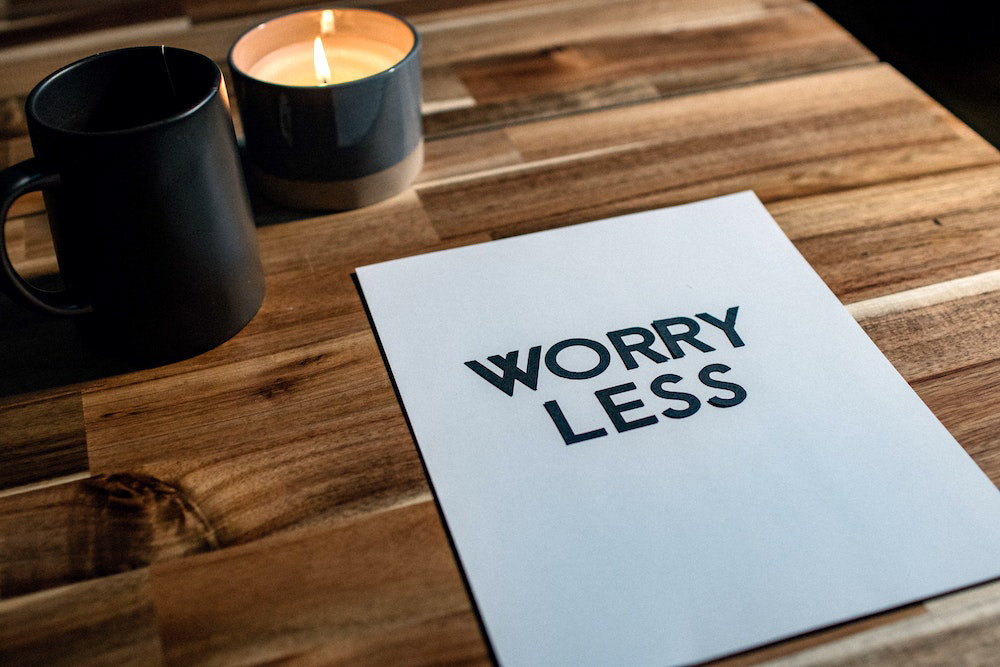If you struggle with anxiety, you already know it can be a self-perpetuating cycle, since the thoughts and feelings that cause your symptoms are anxiety-inducing in and of themselves. Unfortunately, the steps people take to avoid anxiety can make matters worse.
Some events and emotions can make you more anxious, but you might also have experienced anxiety or panic attacks out of the blue. That’s why it’s crucial to learn what triggers your anxiety and learn to control it. Here are some examples of things that might worsen your anxiety.
1. Caffeine
Coffee, energy drinks, and caffeinated sodas are so popular that many people assume they’re harmless. However, caffeine can make you jittery, worsening your anxiety symptoms. If you are prone to panic attacks, try switching to decaf or caffeine-free beverages like herbal tea.
2. Social Events
Many people experience anxiety in social settings, so if the idea of attending a party or networking event makes your palms sweat and your heart race, you aren’t alone. To help ease your mind, you can bring a friend and have an exit plan if you get overwhelmed and need to leave early.
3. Public Speaking
Giving a presentation to a group can be intimidating, but if you have social anxiety, you likely also dread speaking one on one to anybody you believe might judge or evaluate you. In extreme circumstances, fear of public speaking can cause people to drop out of classes or turn down professional opportunities. Ultimately, avoidance only limits your choices and restricts your quality of life. Joining a debate club or a group like Toastmasters can help you face your fears and become a more confident public speaker.
4. Traveling
Travel anxiety is a phenomenon that makes people nervous to visit an unfamiliar place. If you have this condition, the anticipation of a trip can be distressing instead of exciting. For some people, the journey itself can be triggering. Others have a condition called agoraphobia that makes them intensely fearful and panicky whenever they leave home. You can manage travel anxiety by planning and budgeting for every detail of your trip to remove uncertainties. Practicing grounding techniques like deep breathing exercises can help, too.
5. Negativity
Anxiety often has deep roots in negativity because it is your brain’s way of preparing you for the worst-case scenario. One thing you can do to change your outlook is to pay attention to your inner monologue. Are the things you tell yourself mostly negative? Do you habitually assume something bad is about to happen? Keep track of the things you tell yourself and see if you can find ways to reframe them. A therapist can help you learn to refocus your thought processes.
6. Substance Use
You might reach for alcohol and recreational drugs like marijuana when you need help unwinding and easing your tension. However, drinking and drug use can have the opposite effect, making you paranoid and increasing your feelings of being perpetually on edge. A growing substance use disorder can also contribute to your anxiety by intensifying the symptoms of disorders like OCD and PTSD.
Find Your Hope for Healing
Over the past 36 years, our team at Lakeside-Milam Recovery Centers has helped over 100,000 people break the cycle of addiction and denial. If you’re ready to take the first step on your journey toward better health and wellness at an accredited treatment center, reach out to us to request your complimentary substance use evaluation today.






